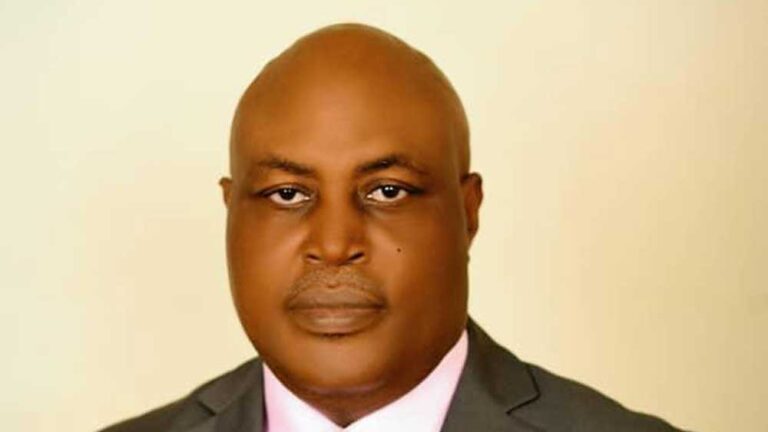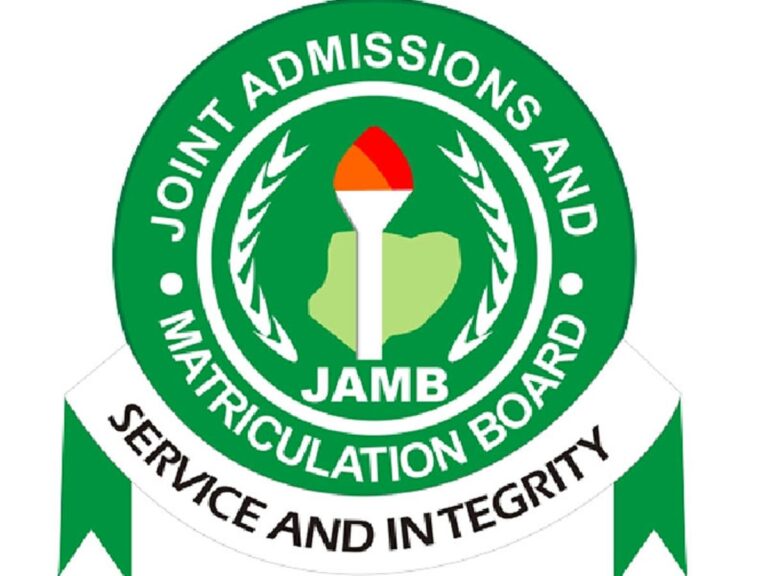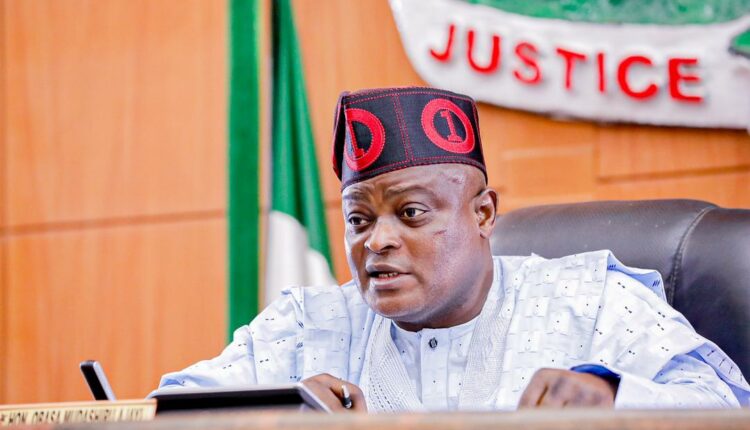
World Bank on glass building. Mirrored sky and city modern facade. Global capital, business, finance, economy, banking and money concept 3D rendering animation.
The N573 billion purportedly released to Nigeria’s sub-national governments as announced by President Bola Ahmed Tinubu during his nationwide broadcast last Sunday was a World Bank-funded programme to mitigate the impact of the COVID-19 pandemic, THISDAY learnt.
Tinubu had said during the broadcast that over N570 billion had been released to the 36 states of the federation to expand livelihood support to vulnerable citizens.
He said: “Also, more than N570 billion has been released to the 36 states to expand livelihood support to their citizens, while 600,000 nano-businesses have benefitted from our nano-grants. An additional 400,000 more nano-businesses are expected to benefit.”
Specifically, checks revealed that claims that the federal government released N573,848,799,707.26 to the 36 state governors to address hunger or hardship is not factual as it was not free money but a loan from the global bank.
Many Nigerians, including a senior lawyer, Mr Femi Falana (SAN) a human rights crusader and the Chair, of Alliance on Surviving Covid-19 and Beyond (ASCAB), have since the announcement challenged states and the Federal Capital Territory (FCT) to explain how they spent the N573 billion.
However, he admitted that the programme started before now with the disbursement of N112 billion by the Muhammadu Buhari administration to states and FCT to fight poverty.
He stressed that the last tranche of N438 billion was part of the World Bank loan of $750 million which will be paid back by the Nigerian people as represented by their governors.
However, THISDAY understood that the claims which have come in different forms, all unfairly directed at allegedly setting the people against governors, were not entirely true.
“In actual fact, the money came from the World Bank, FG was merely a channel of disbursement of the loan, since states cannot on their own access foreign loans.
“So it is totally incorrect to say the federal government gave states N573 billion to cushion hardship occasion by reforms embarked upon by this government. The disbursements are in phases and predated this government,” a highly placed source familiar with the issue explained to THISDAY.
The NG-CARES (Community Action for Resilience and Economic Stimulus) programme began in 2020-2021 as a World Bank-funded initiative to cushion the effects of the COVID-19 pandemic on the people, especially smallholding farmers, businesses, and vulnerable households, among others.
The objective of NG-CARES was to expand access to livelihood support and food security services and grants for poor and vulnerable households and firms.
However, for clarity, checks revealed that the World Bank Programme for Results (PforR) interventions involved states and the FCT investing their funds, producing results in line with agreed protocols, and getting reimbursed after an independent verification exercise.
This money, it was gathered, came from the World Bank with relevant prequalifying requirements and not from the federal government as announced by the president.
The N573 billion paid to the States and FCT in tranches were reimbursements for money already spent by the states/FCT for clearly defined NG-CARES programmes, it was further understood.
These involved support for farmers, small businesses, and vulnerable households. Each state got different amounts, depending on its results in the well-monitored programme that began about three years ago, THISDAY gathered.
“It is unfair, therefore, for anyone to portray such reimbursements as some free money donated to the states by the federal government to cushion hardship resulting fom reforms initiated by the government. By doing that, they create unnecessary attacks on the governors. This is most unfortunate. Anambra state, for example, opted out of the NG-CARES programme because it refused to accept the loan conditions. So, it is a loan, not a free gift. And for the avoidance of any doubt, the President did not and has not disbursed any money to the State Governors to ameliorate the hunger in the land,” the source stated further.
Another state that did not want to get to get involved in the, a source pointed out to THISDAY, was Imo, which was not very comfortable with the conditions laid down by the lender.
The COVID-19 pandemic, a global health emergency with far-reaching consequences on the economy, basic services, social unrest and livelihood of the poor and vulnerable, led to the closure of many small businesses, loss of jobs, stalled provision of basic services in poor communities and increased the population of Nigerians living below the poverty line.
As a response to the hardship caused then by the pandemic and in line with the vision of the federal government to lift 100 million Nigerians out of poverty at the time, on behalf of the 36 states and the FCT, sought and obtained assistance from the World Bank to the tune of $750 million for on-lending to the states and FCT to implement a two-year emergency response programme.
The programme sought to mitigate the impact of the COVID-19 crisis on the livelihoods of poor individuals, farmers, vulnerable households, communities and owners of micro and small enterprises.


